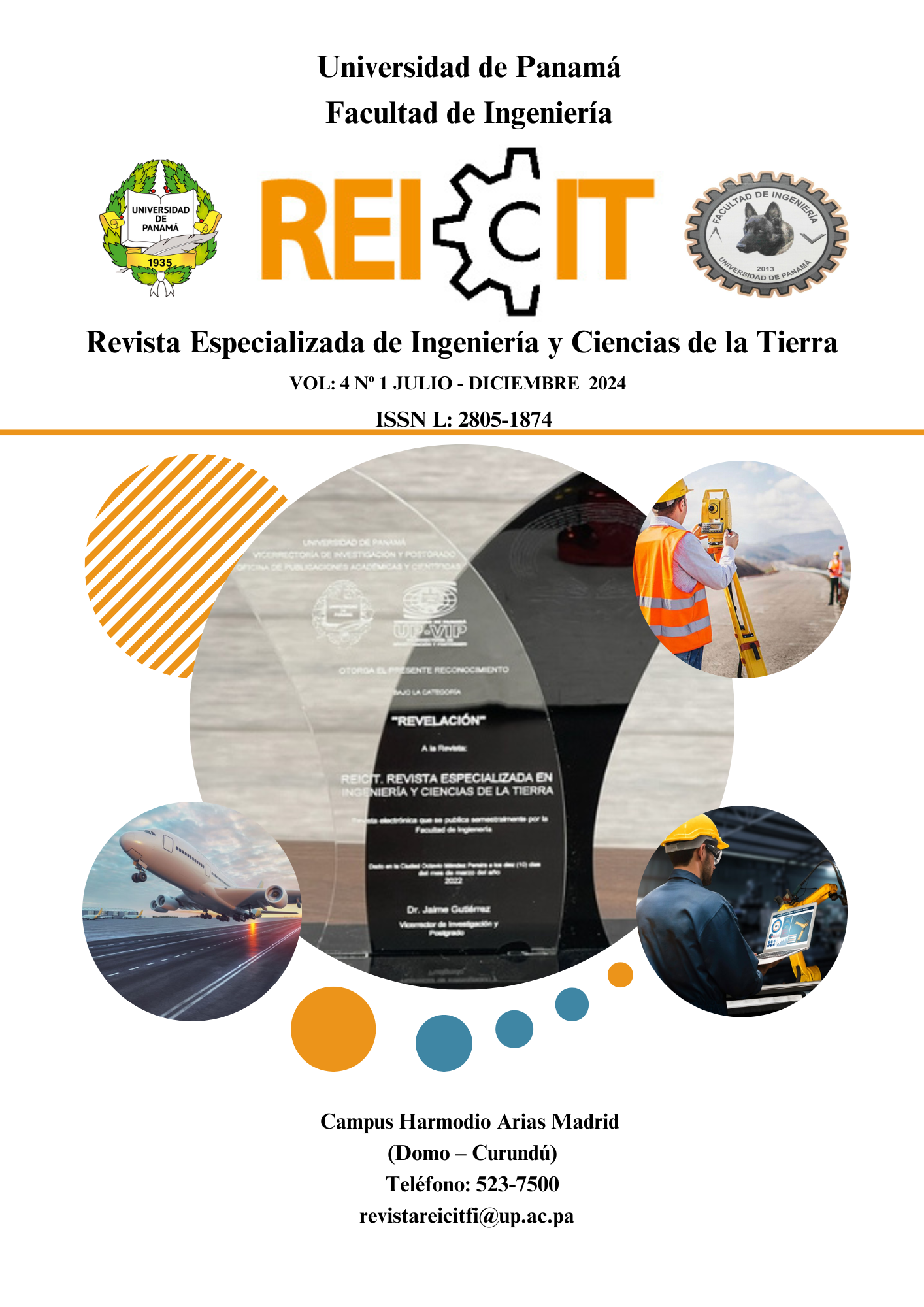
Artículos

Copyright (c) 2024 REICIT

This work is licensed under a Creative Commons Attribution-NonCommercial-ShareAlike 4.0 International License.
The objective of this article is to reflect on kidney disease in childhood, a serious health problem with long-term consequences for well-being and quality of life, compromising the future of children. Taking into account the above, the underlying mechanisms of the disease are analyzed, highlighting the impact of genetic, environmental and lifestyle factors, highlighting the significant correlation that exists between childhood kidney health and environmental quality, highlighting the importance of Kidney disease as an indicator of social and environmental well-being. This text places special emphasis on the need to implement effective preventive strategies, including improving water quality, adequate nutrition, and access to early and equitable medical care. Additionally, the urgency of increasing awareness and encouraging collective action by governments, health institutions and communities is discussed. This analysis concludes that a multifaceted approach that combines improvements in health care, public policies focused on environmental health and community education, reinforcing the importance of collective action and preventive intervention in the fight against childhood kidney disease, which is essential to confront this disease and ensure a healthy environment for the growth of children.
Este obra está bajo una licencia de Creative Commons Reconocimiento-NoComercial-CompartirIgual 4.0 Internacional.
